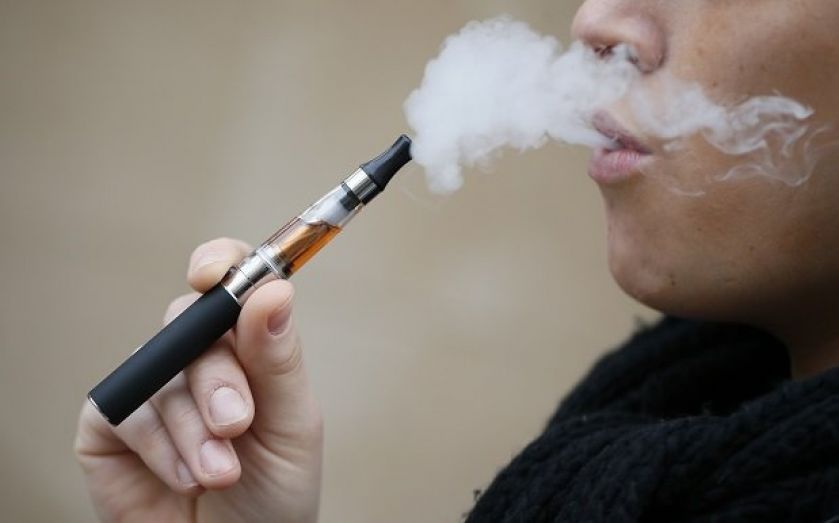Ecigarettes should be banned indoors and heavily regulated, says WHO

In a major intervention into the heated debate surrounding ecigarettes the World Health Organisation (WHO) has called for devices to be banned indoors and prohibited for minors.
The UN agency said advocates of ecigs should not claim they help people quit smoking until there is more evidence proving their success. The WHO claimed that vaping could be a health risk to minors and pregnant women.
Furthermore, they call for restrictions on flavoured ecigarettes similar to those embraced by the EU have in its Tobacco Products Directive, which will see menthols smokes banned by 2016.
However, the WHO added that the products should only be banned indoors "until exhaled vapour is proven to be not harmful to bystanders."
A spokesman for British American Tobacco agreed that ecigarette sales should be restricted for minors: "We have always said that given nicotine is addictive, minimum age laws of 18 for the sale of e-cigarettes should be introduced."
Both public spaces and workplaces should be subject to new clampdowns on ecigarette use, according to WHO. Ecigarette vending machines should also come under tighter scrutiny. The WHO argue that exhaled ecig vapour could increase the background air levels of toxicants and nicotine. The report will be debated at a meeting in Moscow in October.
Some of the leading anti-smoking campaign groups have greeted the report with scepticism. Hazel Cheeseman, at the charity Action on Smoking and Health, said: "Smokers who switch to using electronic cigarettes in whole or in part are likely to substantially reduce their health risks.
"Although we cannot be sure that electronic cigarettes are completely safe, as the WHO acknowledges, they are considerably less harmful than smoking tobacco and research suggests that they are already helping smokers to quit."
Cheeseman's remarks echo a study published earlier this month by the Journal of Addiction confirming the devices are much less harmful than regular cigarettes, and said it would be a mistake to treat them the same as regular cigarettes.
The report examined 81 studies that looked at the safety concerns surrounding ecigarettes, such as the chemicals in the liquids and vapours of the devices. The authors found that so far no research had shown that the vapour from ecigarettes is harmful to the user.
Speaking to the BBC, co-author of the paper Peter Hajek warned that government interference in the ecigarette market could "damage health on a big scale."